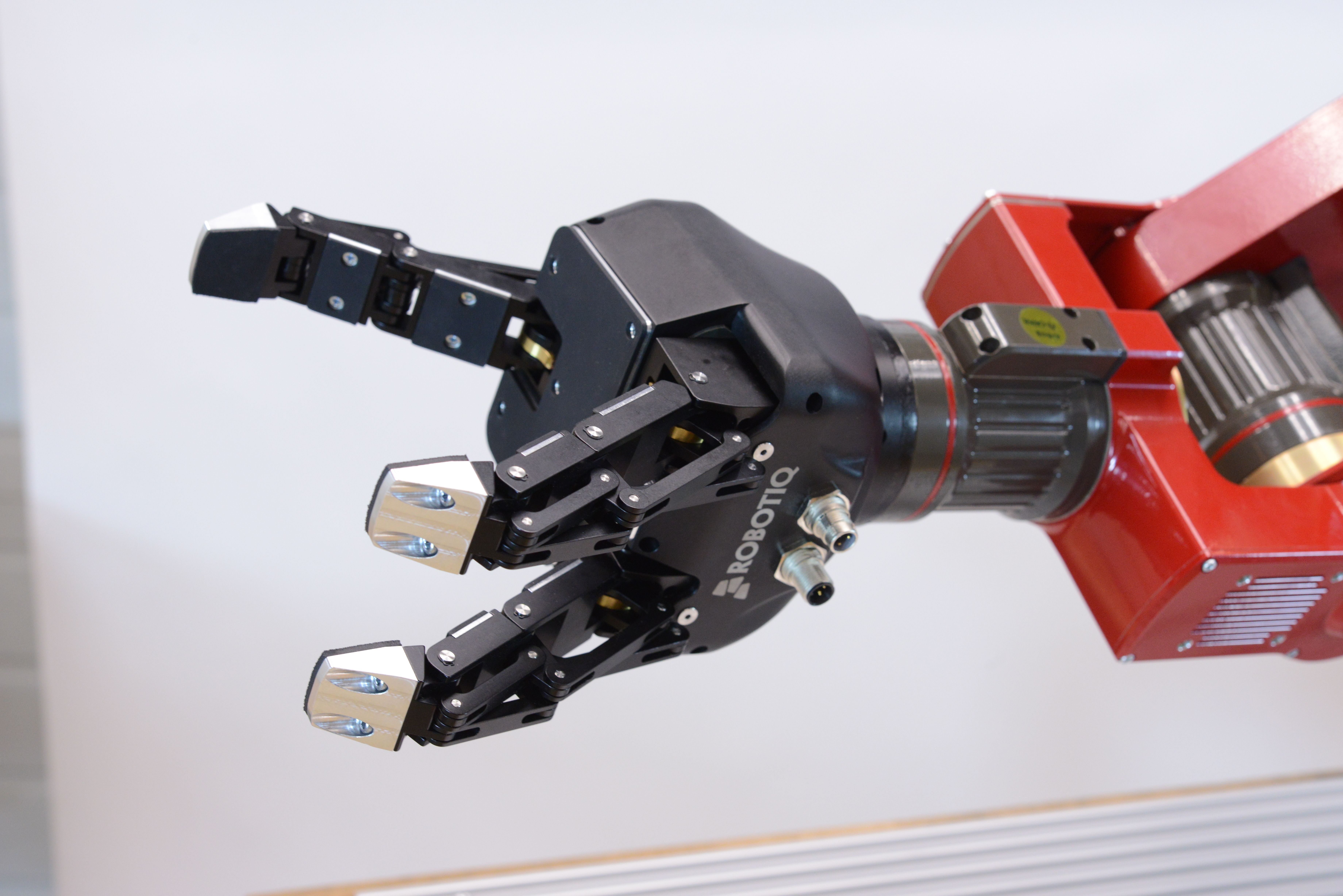Advancing Robotics Will Boost U.S. Manufacturing Competitiveness
Byron SpiceThursday, October 25, 2018Print this page.

A new report by the Boston Consulting Group (BCG), co-authored by Robotics Professor Howie Choset, argues that a thriving domestic robotics industry will help to enhance America's competitivenessin the global economy, especially now that tensions are rising over global trade.
The report suggests that robotics would have the greatest impact in five sectors — aerospace, apparel, electronics, machine shops and motor vehicles — that collectively represent 29 percent of U.S. manufacturing imports, 10 percent of labor costs and 36 percent of the nation's trade imbalance.
Robotics would help U.S. companies cope with a shortage of labor and declining productivity growth. Greater use of robots would improve competitiveness with China, which is significantly subsidizing robotics as part of its Made in China 2025 initiative, the authors said.
Tasks that cry out for robotics solutions include the identification, tracking and movement of parts and tools in factories and warehouses; technology to support frontline supervisors; assembly and installation of wiring and wire harnesses; precision handling and assembly of small components; and translating schematics into production without the need for a human intermediary.
To achieve this, technical progress is essential in perception, sensing and situational analysis, enabling robots to accommodate a variety of lighting conditions and work with a variety of materials so they can be reconfigured rapidly. Robots will need to be more dexterous and, in contrast to today's industrial robots, safe to work alongside people.
The report emphasized that the workforce will require training in new skills and will need to continually learn. Standardization of the metrics used for robotics and of robotics hardware and software will help manufacturing executives better evaluate technical solutions and keep manufacturers from getting locked into their vendors.
Choset authored the report along with BCG's Justin Rose, Vlad Lukic, Claudio Knizek, Tom Milon and Alex Melecki. Support for the study also was provided by the Advanced Robotics for Manufacturing Institute, which was co-founded by Choset along with Gary Fedder, CMU vice provost for research, and George Darakos, director of partnerships for the School of Computer Science.
Byron Spice | 412-268-9068 | bspice@cs.cmu.edu
